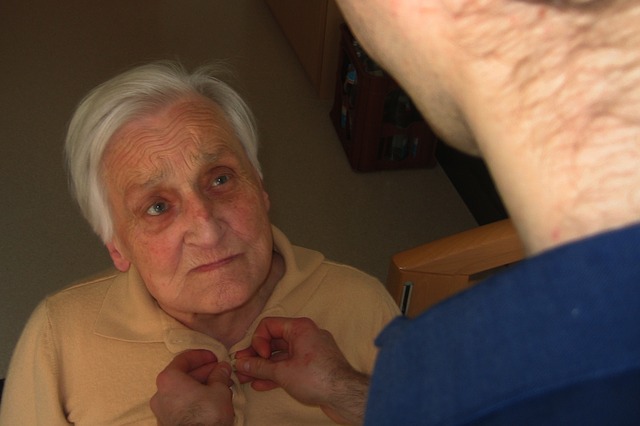[su_youtube url=”https://www.youtube.com/watch?v=0FYp8b4F7ag”]
Alzheimer’s disease is the most common type of dementia. It causes problems relating to cognitive ability such as thinking or remembering. The disease develops gradually, worsening the condition of the patient. As much it is a disease related to old age, it has been known to affect people as young as forty years old.
Alzheimer’s is a type of dementia that causes problems with memory, thinking and behavior. Symptoms usually develop slowly and get worse over time, becoming severe enough to interfere with daily tasks.
Alzheimer’s is the most common form of dementia, a general term for memory loss and other intellectual abilities serious enough to interfere with daily life. Alzheimer’s disease accounts for 60 to 80 percent of dementia cases.
Alzheimer’s is not a normal part of aging, although the greatest known risk factor is increasing age, and the majority of people with Alzheimer’s are 65 and older. But Alzheimer’s is not just a disease of old age. Up to 5 percent of people with the disease have early onset Alzheimer’s (also known as younger-onset), which often appears when someone is in their 40s or 50s.
Sourced from:http://www.alz.org/alzheimers_disease_what_is_alzheimers.asp
What are some of the warning signs that should be looked out for? The person starts forgetting what is common. They will ask you for the same information repeatedly. They will even need memory aids. It gets as hard as not being able to concentrate as one used to before.
Memory loss that disrupts daily life
One of the most common signs of Alzheimer’s is memory loss, especially forgetting recently learned information. Others include forgetting important dates or events; asking for the same information over and over; increasingly needing to rely on memory aids (e.g., reminder notes or electronic devices) or family members for things they used to handle on their own.
What’s a typical age-related change?
Sometimes forgetting names or appointments, but remembering them later.
Challenges in planning or solving problems
Some people may experience changes in their ability to develop and follow a plan or work with numbers. They may have trouble following a familiar recipe or keeping track of monthly bills. They may have difficulty concentrating and take much longer to do things than they did before.
What’s a typical age-related change?
Making occasional errors when balancing a checkbook.
Sourced from: http://www.alz.org/alzheimers_disease_10_signs_of_alzheimers.asp
When it comes to treatment, there are certain drugs that can be administered. These drugs mainly aim to deal with the cognitive symptoms.

Current Alzheimer’s medications can help for a time with memory symptoms and other cognitive changes. Two types of drugs are currently used to treat cognitive symptoms:
Cholinesterase inhibitors. These drugs work by boosting levels of a cell-to-cell communication by providing a neurotransmitter (acetylcholine) that is depleted in the brain by Alzheimer’s disease. The improvement is modest. Cholinesterase inhibitors can improve neuropsychiatric symptoms, such as agitation or depression, as well.
Commonly prescribed cholinesterase inhibitors include donepezil (Aricept), galantamine (Razadyne) and rivastigmine (Exelon). The main side effects of these drugs include diarrhea, nausea, loss of appetite and sleep disturbances. In people with cardiac conduction disorders, serious side effects may include a slow heart rate and heart block.
Sourced from: http://www.mayoclinic.org/diseases-conditions/alzheimers-disease/diagnosis-treatment/treatment/txc-20167132